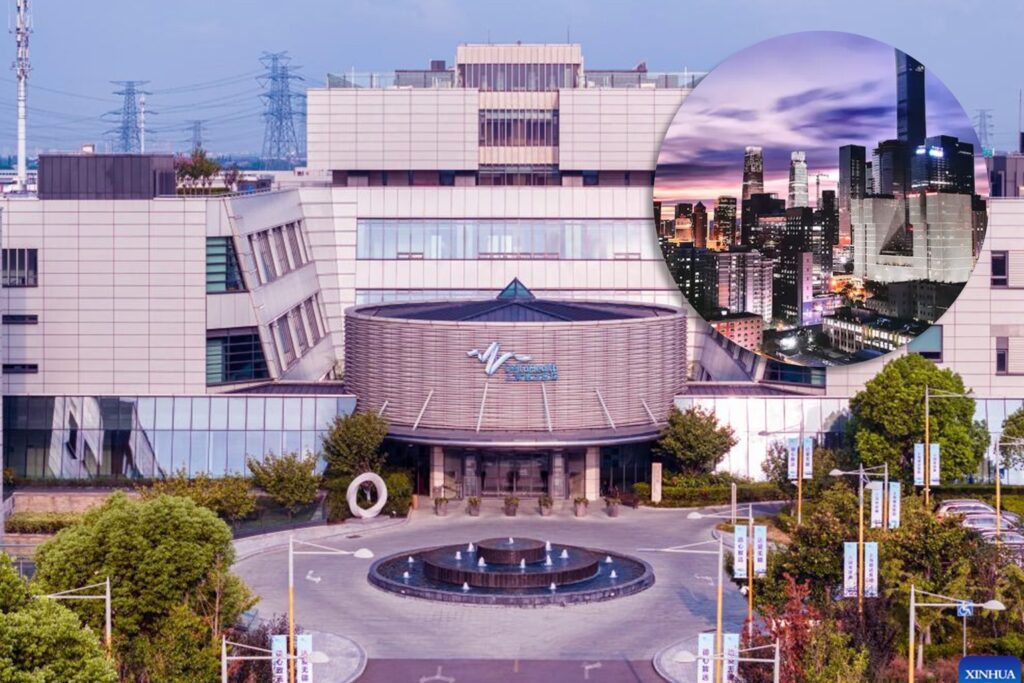
Shanghai has taken a significant step in opening its healthcare sector to foreign investment, with DeltaHealth Hospital receiving approval from the Shanghai Municipal Health Commission to operate as a wholly foreign-owned hospital. This milestone makes it the first medical institution in China dedicated to cardiovascular diseases that is fully owned by an international entity.
The green light comes after the pilot program was initiated in September, which permits foreign institutions to open hospitals by themselves in chosen cities, such as Beijing, Shanghai, Guangzhou, and Shenzhen, as well as five other regions that are specifically designated. The program will seek to promote foreign investment in the healthcare sector in China and enhance the quality of medical services that locals and expatriates have access to.
DeltaHealth Hospital, a joint venture founded in 2016 in Qingpu district, has evolved over time into an elite institution catering to cardiovascular medicine, cardiovascular surgery, interventional therapy, thoracic surgery, medical imaging, and oncology. As a high-level social medical institution, it has put itself at the forefront of comprehensive cardiac care within the region.
In a significant corporate development, Hong Kong conglomerate Swire Pacific revealed in May that it had raised its holding in DeltaHealth China, becoming the company’s sole owner in Shanghai. This is the first time Swire Pacific has taken a majority stake in the healthcare industry and reflects its enthusiasm to grow its business in China’s health sector. Even though Hong Kong functions in the context of China’s “one country, two systems,” investment coming in from the special administrative region counts as foreign from a mainland policy standpoint.
The pilot scheme launched by the Ministry of Commerce and other state authorities has the objective of attracting foreign medical providers, making medical services more diversified, and developing healthcare facilities. Experts feel that this step shows China’s commitment to opening up major sectors of public welfare to international firms. The policy is likely to boost foreign investment, bring advanced medical technologies to China, and enhance the general level of China’s healthcare.
Shanghai has also unveiled plans to promote wholly foreign-owned hospitals in major economic zones, biopharmaceutical industry clusters, and expatriate-concentrated areas. According to these plans, free trade zone districts, the Lingang Special Area, the Hongqiao business district, and the eastern hub international business cooperation zone will be allowed to accommodate a maximum of two foreign-owned hospitals each.
The rules provide that the hospitals are allowed to hire expatriate medical professionals from Hong Kong, Macao, and Taiwan, but at least half of their management and medical professionals should be from the Chinese mainland. This is an attempt to balance global expertise with domestic medical talent, making it easy to integrate global standards of healthcare in the Chinese system.
Jin Chunlin, head of the Shanghai Institute of Medical Science and Technology Information, emphasized the possible advantages of foreign-owned hospitals. “These hospitals are anticipated to bring world-class medical technology, improve the diversity of services, and push the development of the medical industry,” he added.
At the same time, IHH Healthcare, the world’s largest private healthcare network, is continuing to grow its presence in China. Parkway Shanghai, a member of IHH Healthcare, marked its 20th anniversary in the nation in December and reaffirmed its faith in the potential of China’s market. The group recently unveiled plans to launch a flagship ambulatory care center in central Shanghai this year, after inaugurating Parkway Shanghai Hospital in 2023. The cutting-edge facility, measuring 84,400 square meters, was built with a capital outlay of 1.61 billion yuan ($222 million).
IHH Healthcare’s Group CEO Prem Kumar Nair was also upbeat about China’s changing healthcare environment. “With the government actively encouraging foreign investment, we can see great opportunities to expand and enhance medical services in the nation,” he added.
As China further opens up its healthcare market to foreign players, the arrival of fully foreign-owned hospitals such as DeltaHealth Hospital Shanghai is a major milestone for the nation towards medical innovation and international cooperation.








